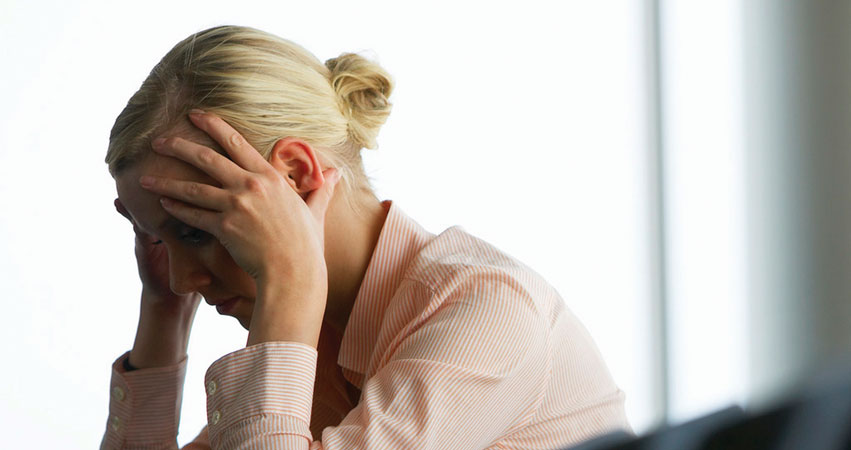
The well-being of young American women improved significantly for members of the Baby Boom generation but hit a wall in generations that followed, according to a recent report from the Population Reference Bureau (PRB).
In "Losing Ground: Young Women's Well-Being Across Generations in the United States," analysts present a comprehensive new index of Young Women's Well-Being (covering ages 16 to 34). The results show how social and structural barriers to progress for young women in Generation X and the Millennial generation have stalled or reversed momentum on several key measures of well-being:
- The proportion of women ages 30 to 34 living in poverty increased to about 17 percent for the Millennial generation from about 12 percent for Generation X.
- Young women in Generation X faced higher rates of maternal mortality than women of the Baby Boom, and rates are even higher for Millennials.
- The proportion of women in high-paying STEM occupations has fallen from about one in four in Generation X to one in five for Millennials.
- The suicide rate for young women in the Millennial generation increased to 6.3 per 100,000 from 4.4 per 100,000 in Generation X.
- Women's incarceration rates have grown ten-fold between the World War II generation and Millennial generation.
The PRB analysts did identify several positive trends for young women:
- Educational attainment has increased. Women's high school dropout rate has fallen over time, while the share of women with at least a bachelor's degree has increased.
- The gender gaps in earnings and in business ownership persist but have narrowed from one generation to the next.
- The teen birth rate is at an historic low, and the female homicide rate has fallen in each generation since the Baby Boom.
- The share of legislators has increased with each successive generation, although women remain underrepresented in Congress and in state legislatures.
"While some measures are improving, overall the index paints a picture of lost momentum," says Beth Jarosz, a senior research associate at PRB and co-author of the report. "Too many women lack the resources and supportive environments they need to live healthier lives and achieve their full potentials." View the full report, a summary video and more at bit.ly/WomenLosingGround. iBi

